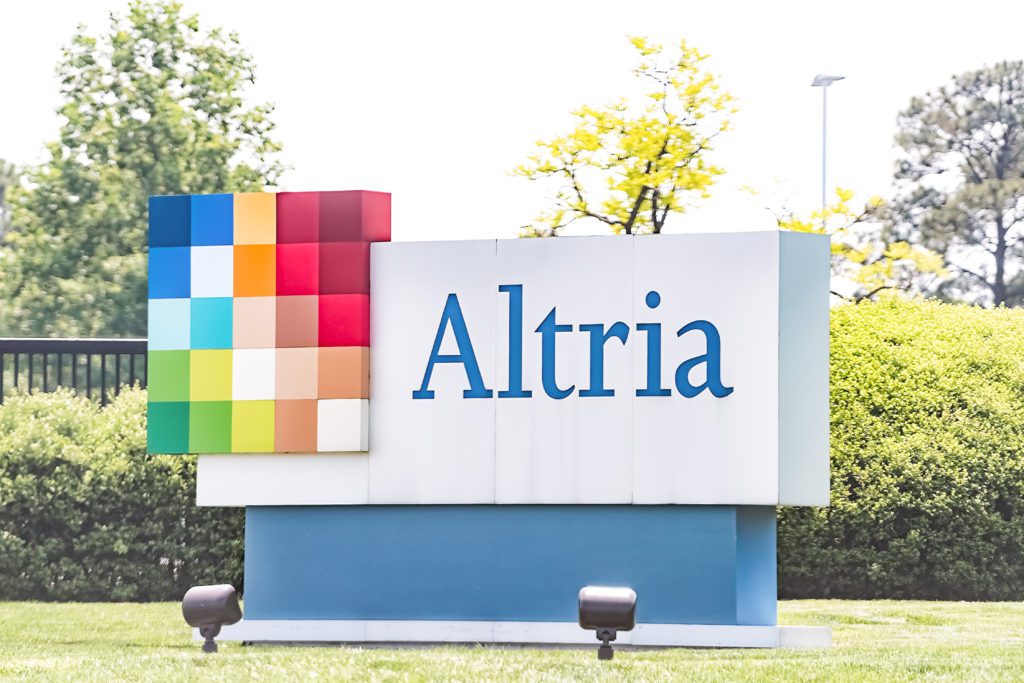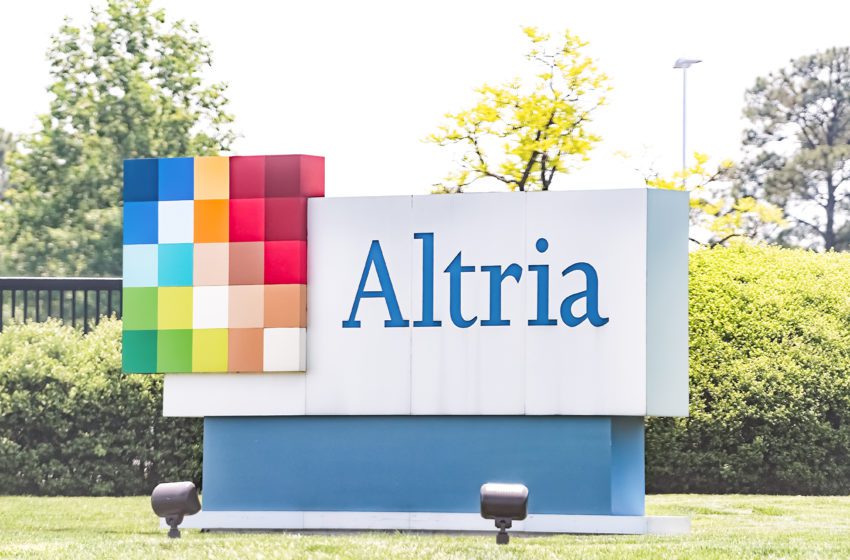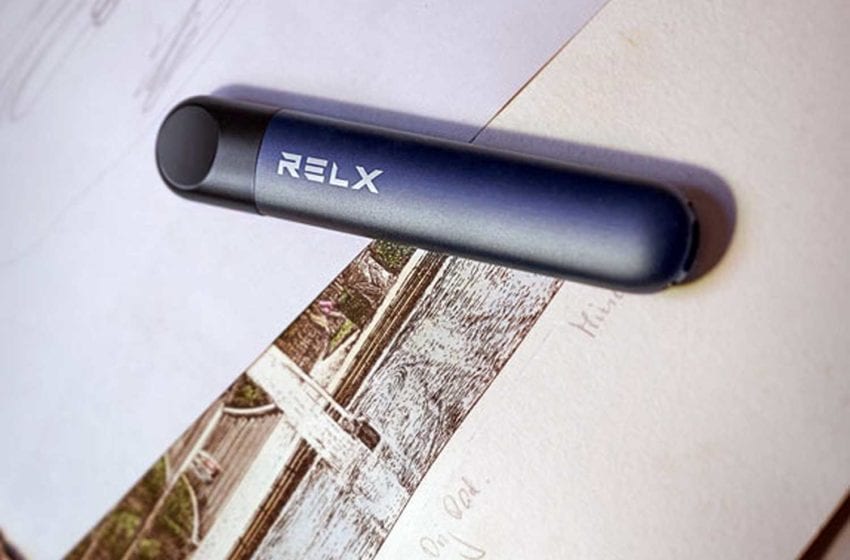
Njoy, a subsidiary of Altria, submitted a supplemental premarket tobacco product application (PMTA) to the U.S. Food and Drug Administration for the commercialization and marketing of its ACE 2.0 device.
The new device includes access restriction technology designed to prevent underage use. This is achieved through Bluetooth connectivity, which authenticates the user before unlocking the device. The company has also re-submitted PMTAs for blueberry- and watermelon-flavored pod products, which are exclusively compatible with the Njoy ACE 2.0 device.
“Altria’s Vision is to responsibly lead the transition of adult smokers to a smoke-free future. We’re excited to build on our existing FDA-authorized products,” said Shannon Leistra, president & CEO of Njoy. “Njoy ACE 2.0 includes critical technology features to prevent underage access to flavored Njoy products while also responsibly providing flavored options for adult smokers and vapers.”
The Njoy ACE is the only pod-based vaping product currently with marketing authorization from the FDA. In the first quarter of 2024, Njoy announced it had broadened distribution to over 80,000 stores and expects to expand to approximately 100,000 stores by year-end.
Njoy also continued the roll-out of the brand’s first retail trade program, which is designed to help achieve optimal retail visibility and product fixture space, according to a press release.
“Given the widespread illicit flavored e-vapor marketplace, this product offers the FDA a sound solution for balancing the known risk to youth with an opportunity to offer adults legal, regulated choices,” said Paige Magness, senior vice president of Regulatory Affairs of Altria Client Services. “We hope the FDA prioritizes the review and authorization of this application given its interest in device access restriction technologies to reduce youth access.”
Njoy had previously received marketing denial orders for its blueberry (2.4% and 5% nicotine strengths) and watermelon (2.4% and 5% nicotine strengths) pods, noting that “…Rather, for flavored Electronic Nicotine Delivery System (ENDS), only the most stringent mitigation measures – specifically device access restrictions – have such mitigation potential.”
Njoy stated that it believes these applications sufficiently address the FDA’s concerns regarding underage use by incorporating device age and identity-based access restriction and demonstrating that these restrictions are effective at preventing underage access in virtually all cases. Currently, the FDA has not authorized the marketing of any non-tobacco-flavored vaping product.



















